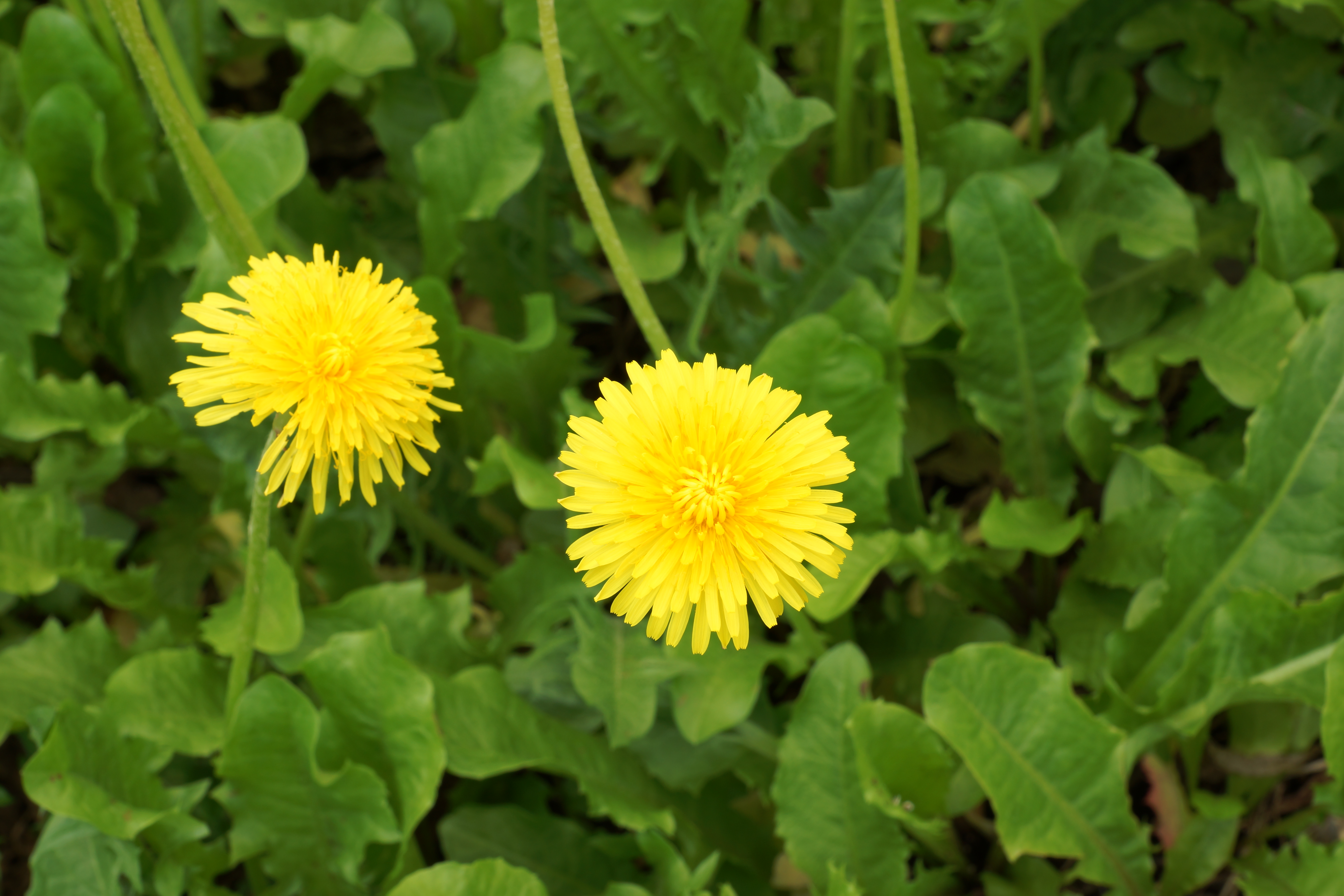

The Family Park pear trees was a local group of cultivated pears at the edge of a park I use to go to with my family. Aptly named Stoudt Family Park, the pear trees were once part of an old homestead where they created a mini forest of tall trees to 50 ft. with few lower limbs. This type of pear is classed as a winter pear or Winter Nelis or possibly a type of Seckel cross. The pears were almost round. The apartment complex just skimmed the orchard but luckily sparred the trees. I spotted the trees in full bloom while visiting the park with my family in early spring. I later came back to find the ground densely covered with fruit surrounded with a delicious pear like aroma hanging in the air like incense. I collected a full pick up load and processed them by hand to extract the seeds.
After planting that large mess of seeds in the fall, several thousand seedlings grew nicely the next year. After a few years, two trees looked very promising in terms of their fast growth rate and clean foliage with no black spot or fireblight. These trees ended up in my outback forest plantings. As time went on the trees developed an excellent strong upright growth. One tree now provides the seeds for this seed strain as the vigor is very high even from seed.
Now close to 50 feet tall with strong branching and upright pyramidal shape with no narrow crotch angles it is the Family Park pear. Fruits are produced in clusters. Fruit size is roughly an inch or slightly larger. The tart fruit has a strong aromatic flavor and bletts much like medlar with a similar flavor. The fruit tends to hang into the tree until December. It is also a favorite of cedar waxwings and in some years they come in and clean the tree. I normally have to climb and shake the tree or use a long pole pruner to bring the fruit down as it allows to beat the deer and the waxwings to it. Since it ripens in the tree, the fruit is fully bletted and is mushy at this time. That is when it tastes the best as far as the sugar levels go as well as the tartness has decreased.
"Family Park" represents both a hybrid swarm and a cultivar of pear very similar to LeConte pear discovered in the early 1800's where people used these crosses from seed and cuttings to create pears that could be stored for winter usage. However Family Park is not an eating pear and is more for processing into sauce and jam. LeConte pears were not necessarily eating pears but canning pears used in conjunction with syrup or sugar or stored as is to let them blet and break down a bit before eating. This type of storage is not done to any extent anymore. The unique genetics of this cross really represents a way to develop both timber like pears for wood as well as more vigorous seedlings with the possibility of developing tart pears that ripen late and eventually create a whole new flavor profile not found in the pears we
Family Park pears can be used for rootstocks, fruit production for wildlife and the development of new pear varieties with tart fruit. The clean foliage and strong growth habit also could create a new line of timber and ornamental pears with fruit production as secondary. Agroforestry applications could combine grafting over the vigorous rootstocks and to create pear windbreaks that could double as evaluation plantings for human consumption by finding pears for healthy compounds as was done with the wild Asian pears.
Germinate the Seeds Store the seed in a cold and moist condition using slightly moist Canadian peat moss in the refrigerator at 34F to 38 F for 60-120 days. Some seeds will begin to sprout after 60 days or so but most will pop at the 90 day mark. Pot them up immediately or plant outside covering with about 1/4 inch of soil. Seedlings are frost resistant. It is possible to pot grow them very easily. Usually a root is established in the first year or two. Selections can be done after 3 years for the trees with the most vigor at that point or used for grafting.
| Plant Specs |
| Genus & Species |
Pyrus x communis hybrid cross |
